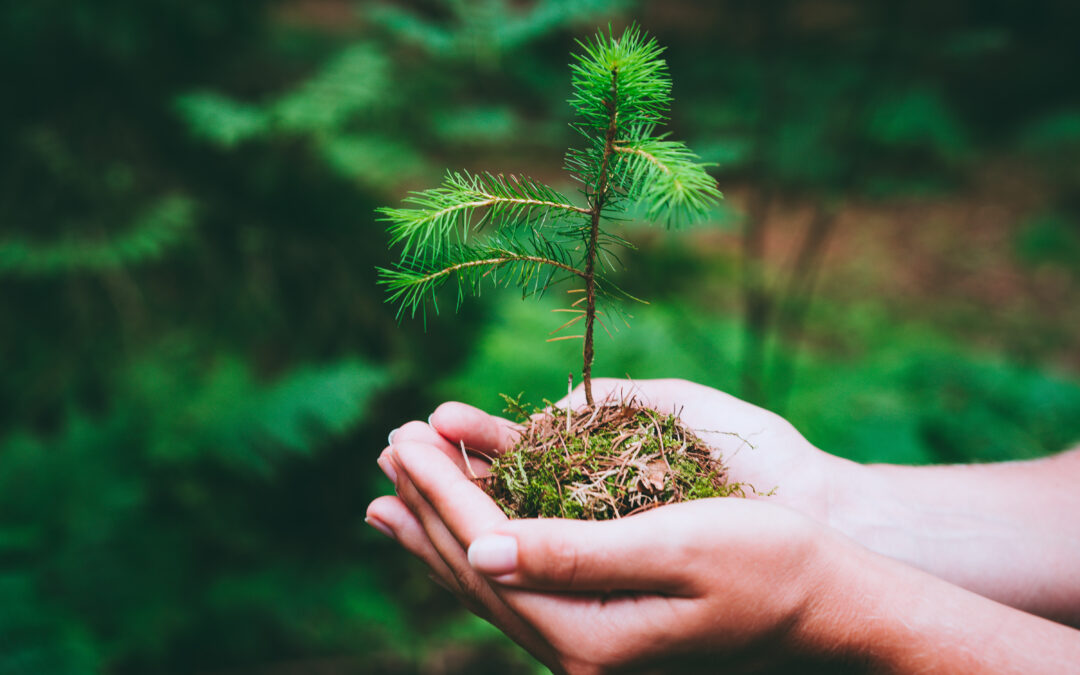Welcome to the world of organic gardening! Whether you’re a beginner or an experienced gardener looking to switch to organic methods, this guide will provide everything you need to know to get started.
Organic gardening is a method of growing plants without using synthetic fertilizers and pesticides. Instead, it relies on natural techniques such as composting, crop rotation, and companion planting to maintain soil health and keep pests away. By choosing organic gardening, you are not only creating a more sustainable and environmentally-friendly garden but also providing your family with fresh produce that is free from chemicals.
Benefits of Going Organic:
1. Better Taste – Organically grown fruits and vegetables have been found to be sweeter and more flavorful than conventionally grown ones.
2. More Nutritious – Organic food contains higher levels of vitamins, minerals, and antioxidants compared to non-organic food.
3. Safer for You and Your Family – Chemicals used in conventional farming can be harmful to humans and animals. Choosing organic ensures that your food is free from these dangerous substances.
4. Better for the Environment – Organic farming practices reduce pollution and conserve water resources. It also supports local ecosystems by encouraging beneficial insects and birds.
Choosing the Right Plants and Seeds:
When selecting plants and seeds for your organic garden, choose varieties that are well-suited to your region and climate. Look for heirloom or open-pollinated seeds which are naturally adapted to their environments and less susceptible to disease. Avoid hybrid seeds as they often do not breed true and require specific environmental conditions to grow.
Preparing Your Soil for Planting:
The key to successful organic gardening lies in the quality of your soil. Start by removing any weeds or debris from your garden bed. Then, add a layer of compost or other organic matter to enrich the soil and improve drainage. If necessary, adjust the pH level of your soil to suit the needs of your plants.

Watering and Fertilizing Your Garden:
In organic gardening, fertilizer comes from natural sources like compost tea, fish emulsion, or bone meal. Apply these products regularly to feed your plants and promote growth. When it comes to watering, avoid overwatering as this can lead to root rot. Instead, use a drip irrigation system or hand-water your plants early in the morning to minimize evaporation.
Pest Control in an Organic Garden:
Instead of reaching for chemical pesticides, try some natural remedies to control pests in your garden. For example, attract beneficial insects like ladybugs and lacewings to your garden by planting flowers like marigolds and lavender. Neem oil, garlic spray, and diatomaceous earth are also effective at repelling pests.
Harvesting Your Crops:
Once your crops are ready for harvest, pick them when they are ripe but still firm. Wash your produce thoroughly before consuming to remove any dirt or residue. Store your fruits and veggies properly to extend their shelf life.
Maintaining Your Garden Throughout the Year:
To keep your garden thriving throughout the year, practice good garden hygiene. Remove dead leaves and stems promptly, rotate your crops annually, and mulch your soil to retain moisture. Consider adding new plants each season to create variety and interest in your garden.
By following these tips, you can successfully start your own organic garden and enjoy the benefits of fresh, healthy produce all year round.



